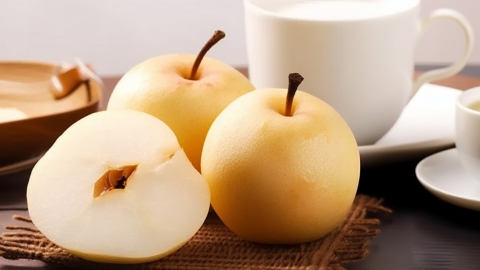Can diabetics eat pears?
Generally, people with diabetes can consume pears in moderation. Detailed analysis is as follows:

Pears are rich in water, dietary fiber, various vitamins, and minerals. Dietary fiber can delay the absorption of sugar, helping to stabilize post-meal blood glucose levels and prevent sharp fluctuations in blood sugar. Meanwhile, pears have a relatively low glycemic index; compared with some high-sugar fruits, they have a smaller overall impact on blood glucose. Consuming pears in moderation between meals can not only replenish essential nutrients and alleviate thirst and hunger but also avoid the burden on blood sugar caused by fasting or excessive fruit consumption, allowing diabetic patients to enjoy the flavor of fruit while managing their blood glucose levels.
When consuming pears, attention should be paid to the quantity—each serving should not be too large to avoid a sudden increase in blood sugar due to excessive intake. It is best to eat pears between meals when blood glucose levels are relatively stable, thus minimizing impact on blood sugar. It is preferable to eat them with the skin, as the skin contains dietary fiber that helps regulate blood glucose more effectively. Juicing pears is not recommended, as the process removes much of the dietary fiber and accelerates sugar absorption, which can easily lead to a rapid rise in blood sugar levels.




